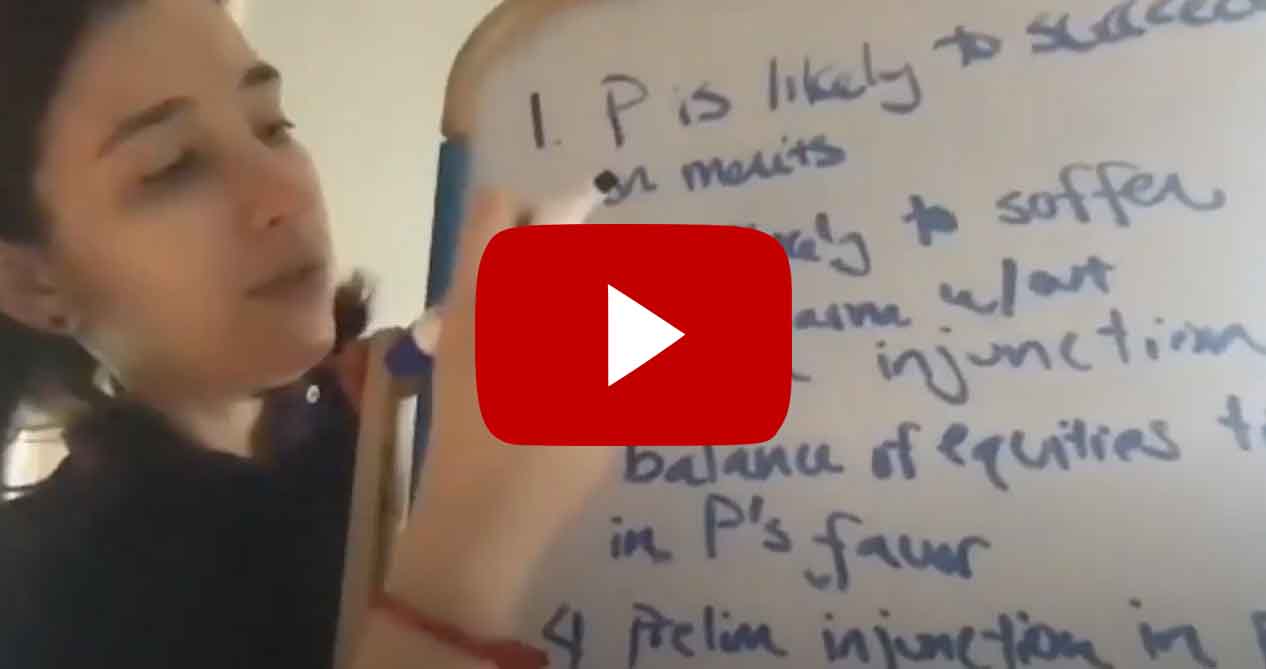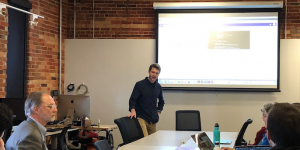January 9, 2020
WHO Announces Emergence of a Novel Coronavirus
The World Health Organization issued a statement that a novel coronavirus has been identified in Wuhan, China.

An illustration of a coronavirus from the CDC
January 25, 2020
DKU Transitions to Emergency Remote Teaching
Duke Kunshan University postponed classes in all programs until February 17 in response to concern over the novel coronavirus outbreak in China and overseas.
Learning Innovation partnered with DKU’s Center for Teaching and Learning to build a global, online university in three weeks. With 579 undergraduate students and over 100 faculty all scattered across time zones and with varying levels of internet access, Learning Innovation’s expertise in effective teaching practices and developing online learning programs was key to DKU’s successful pivot to remote teaching.
Learning Innovation also leveraged its partnership with Coursera to provide DKU students and faculty access to Coursera’s full catalog to use as supplemental learning materials.
Sharing Lessons Learned
ITHAKA S+R Case Study of Implementing Online Learning in Two Weeks
In an effort to assist other colleges and universities as they decided how to proceed with remote teaching, ITHAKA S+R published a case study documenting the decision-making and implementation of DKU’s move to online teaching in a rapidly evolving situation.
Read the Case Study
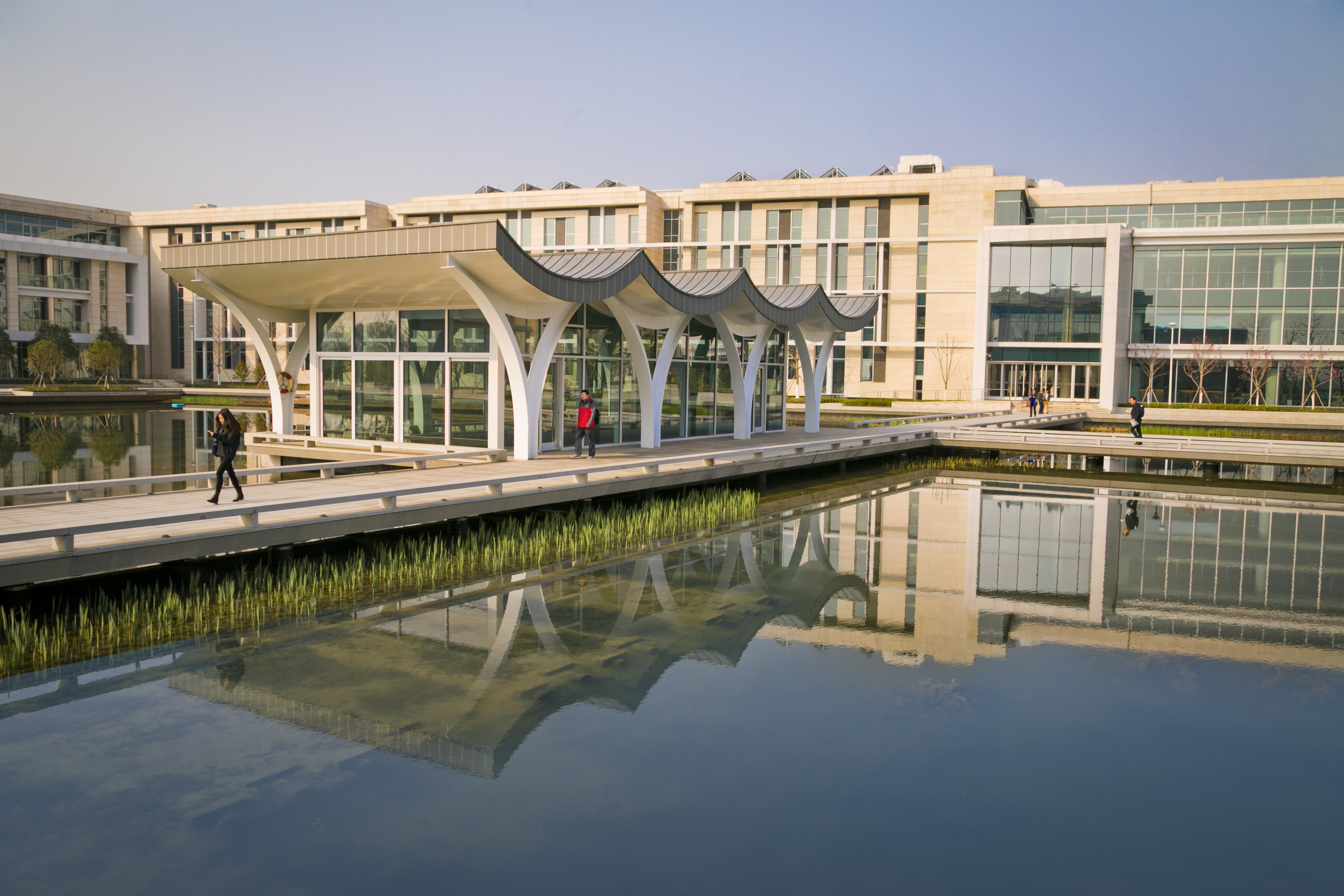
Duke Kunshan University
March 10, 2020
Duke University Pivots to Emergency Remote Teaching
President Price announced that all in-person meetings would be suspended until further notice in an effort to minimize health and safety risks to Duke students, faculty, staff and the larger community. Spring Break was extended to allow students and instructors to transition to emergency remote learning, with classes resuming March 23.
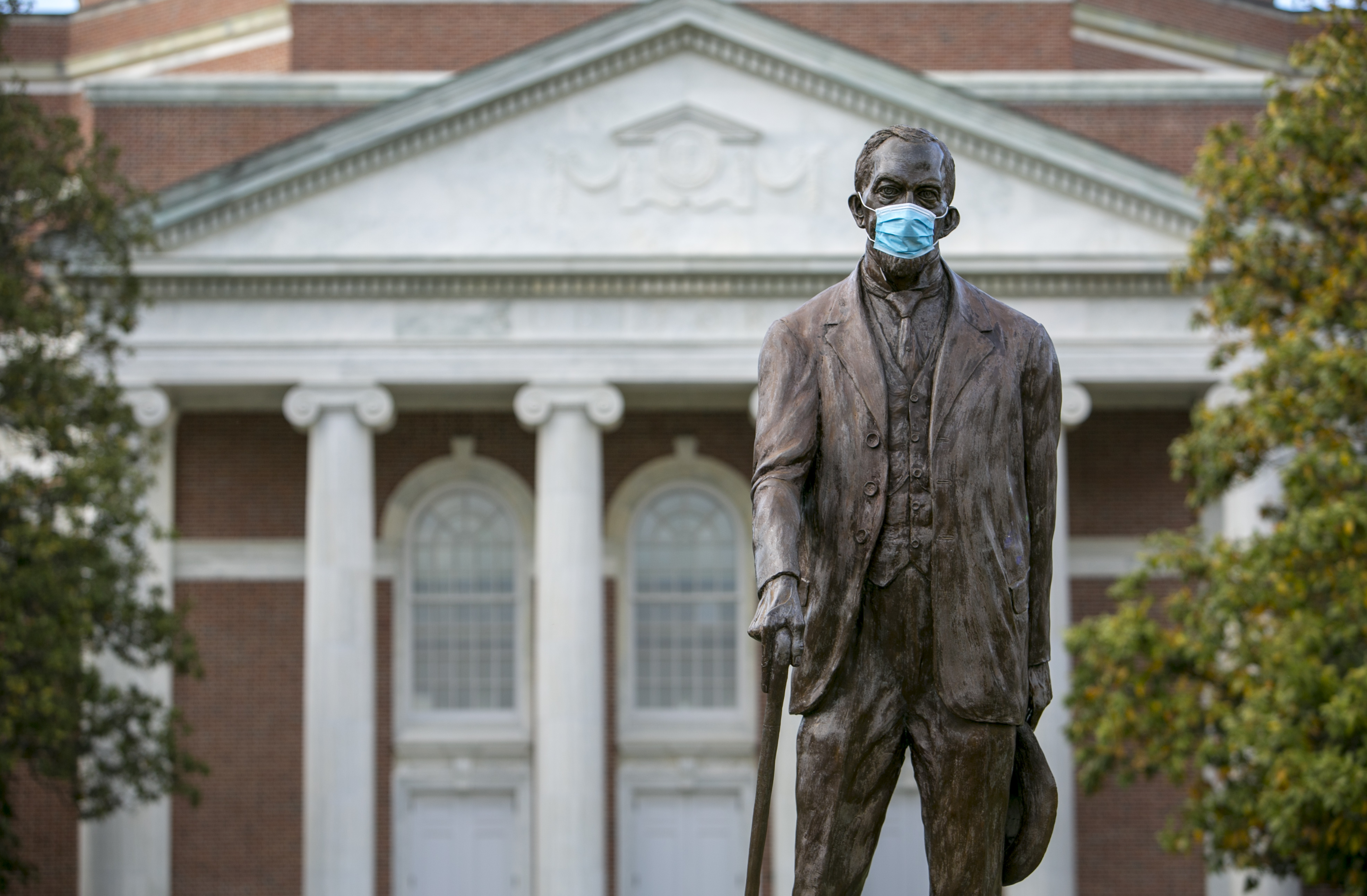
The Benjamin Duke statue
March 11, 2020
Keep Teaching Website Launches
In partnership with OIT, Learning Innovation quickly launched the Keep Teaching website to support instructors in the transition to emergency remote teaching. We were initially influenced by Indiana University’s Keep Teaching and Stanford University’s Teach Anywhere websites. Soon after launching the Keep Teaching website, we began sending Keep Teaching Updates, a regular newsletter to 9,000 faculty and faculty emeriti to share resources, reinforce important updates, and - most importantly - let them know that Learning Innovation was available to help them through email, office hours and workshops.
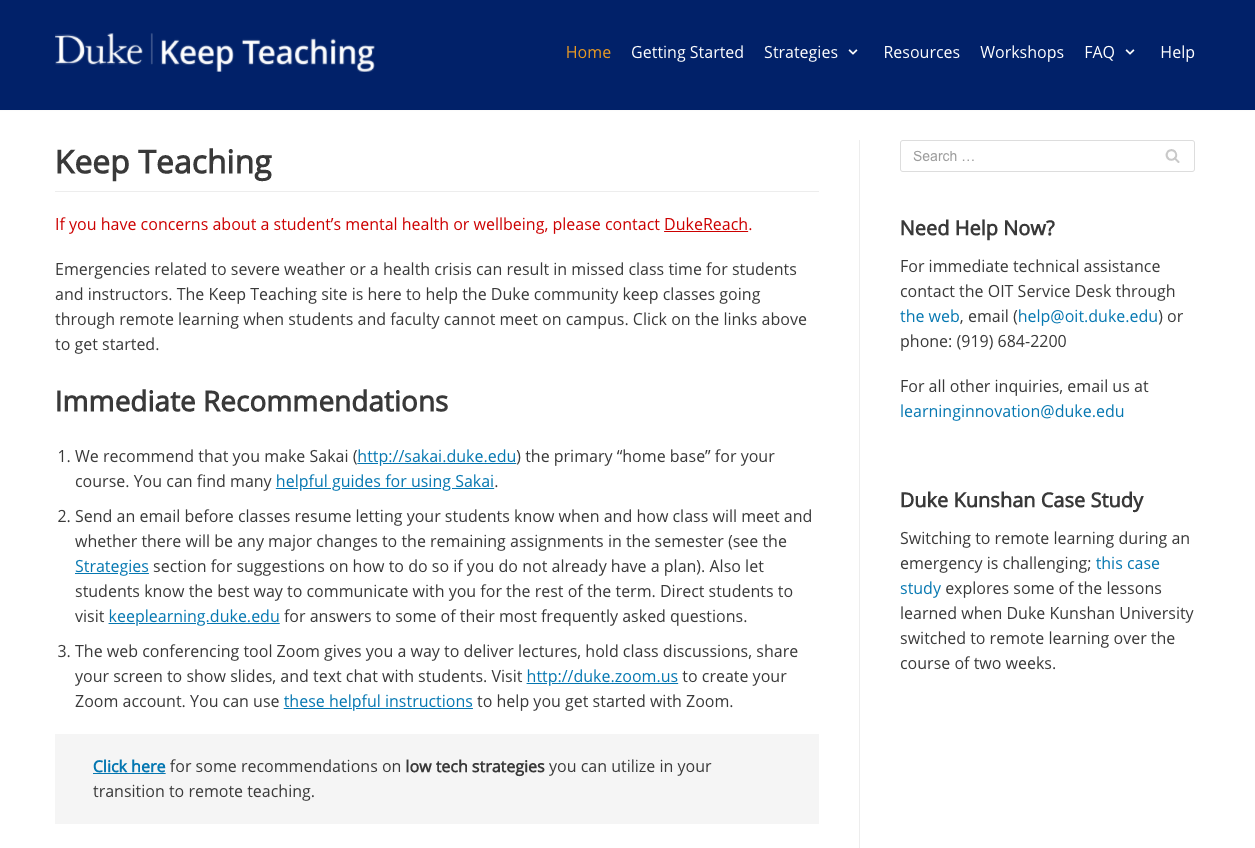
The Keep Teaching homepage
May 3, 2020
Meeting Increased Demand for Summer
Over 1,000 Duke students enrolled in at least one summer session course in 2020, a significant increase over any prior year. We focused our time helping instructors prepare to teach online, accelerated summer courses.

With no in-person options for summer, Duke students signed up for online courses in record numbers.
Dedicated Devils
Learning Innovation Highlighted for Commitment to Faculty
Duke Today recognized Learning Innovation’s efforts in their weekly Dedicated Devils column. Kim Bethea, director of the Academic Resource Center, nominated Learning Innovation for the award, saying: “They did a tremendous job helping faculty transition to remote learning for the second half of spring break as well as for the summer. The resources and support they provided to faculty were exceptional.”

Learning Innovation staff regularly meet via Zoom to stay connected.
May 19, 2020
Helping the Helpers
Learning Innovation partnered with the Graduate School to offer a series of online workshops to help graduate teaching assistants learn how to teach online. Workshop topics included managing virtual classrooms, getting started with Sakai, using Zoom breakout rooms, facilitating inclusive online discussions and wrapping up the term. Demand for workshops was high enough that the series was offered multiple times and continue to run in early 2021.

Teaching assistants play an important role in supporting large courses.
June 3, 2020
Transitioning to Flexible Teaching for Fall
The ongoing pandemic made it difficult to predict exactly what the approaching Fall semester would look like, but it was clear that Duke’s approach to remote teaching would need to evolve yet again. Learning Innovation developed Flexible Teaching to help faculty create the most resilient, flexible courses possible. This new website featured a suite of self-service support materials including three flexible teaching guides, blueprints to help faculty envision how flexible teaching could work for their course, and a course design planner to help them work through the site and redesign their course in four weeks. To date, the website has reached over 18,950 unique users and garnered over 63,200 pageviews.
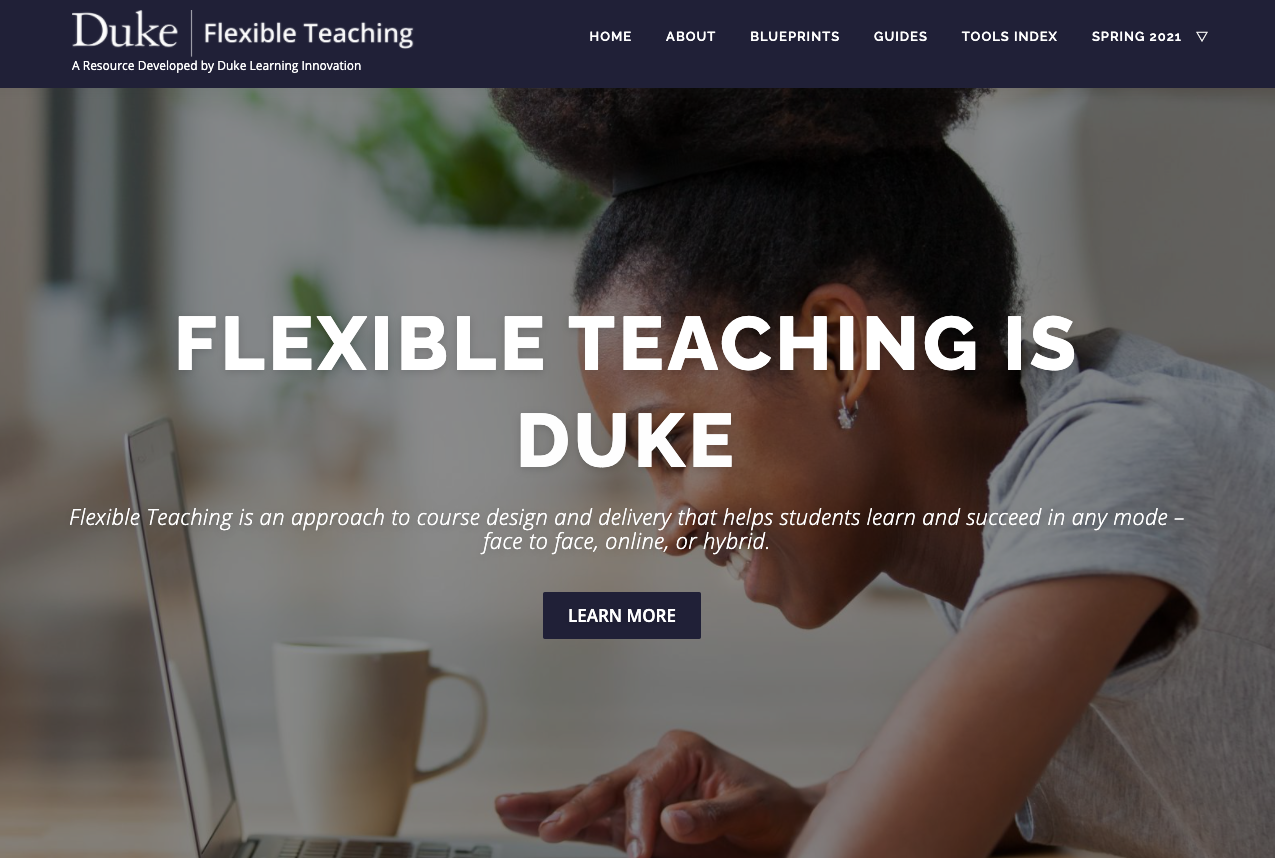
The Flexible Teaching homepage
CELEBRATING DUKE’S REMARKABLE FACULTY
Duke Keeps Teaching
Learning Innovation wanted to recognize Duke instructors for their incredible efforts to transition their courses from classroom to remote delivery. These sneak peeks into their virtual classrooms highlight their empathy, grace and creativity in their endeavors to ensure Duke’s academic continuity during a time of uncertainty.
August 17, 2020 - November 24, 2020
Staying Flexible through the Fall
Though many members of the Duke community were able to return to campus for Fall, it was a semester unlike any other. Learning Innovation continued providing comprehensive support to Duke instructors throughout the Fall semester. As faculty grew more confident in delivering their courses in a variety of ways, Learning Innovation remained and remains available to enable the continuity of Duke’s learning community.

Students spent a lot more time studying outside so they could be together while remaining socially distanced.









